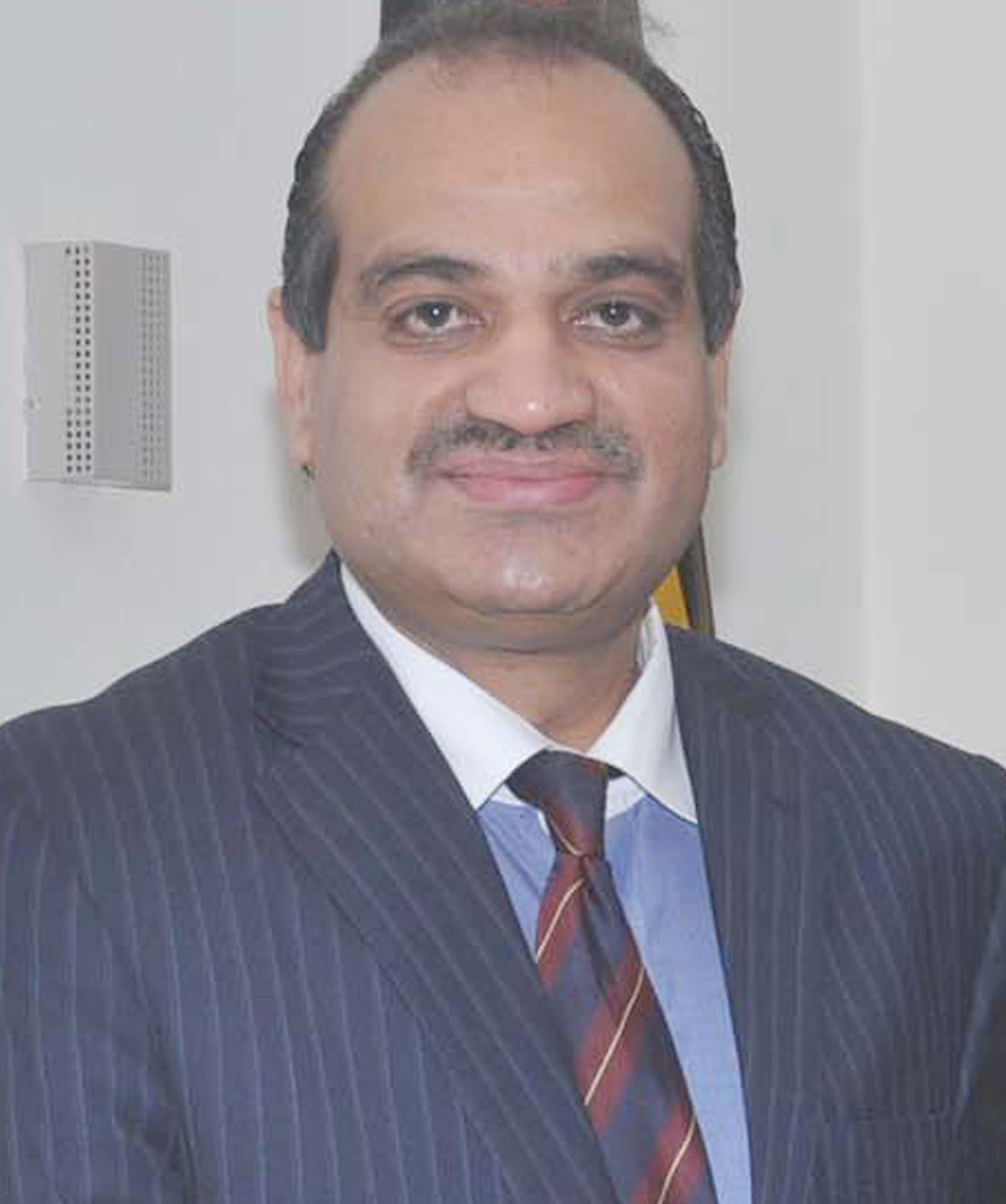LG elections: traditional politics rules supreme by Ansar Mahmood Bhatti

The local government (LG) elections that took place in parts of Punjab and Sindh province on October 31, 2015, put both the ruling PML N in Punjab and PPPP in Sindh in the commanding position. While the poll exercise yielded expected results for opinion polls had already heralded victory of both these ruling parties, nevertheless only a few expected that Imran Khan led PTI would sail badly in these elections. Analysts were forecasting neck-and-neck bout between the two rival parties in Punjab but PTI’s lackluster performance has not only annoyed the party leadership, it seems to have lowered morale of the workers also. As regards performance of PPP in Punjab, after dismal show in the last general elections, it was quite evident that the PPP may not be able to put up any worthwhile performance in the biggest province of the country. There are a number of reasons and factors that led to average performance of these parties — the internal differences and especially in PTI’s case fragile or for that matter nonexistent grass-root level structure in Punjab and elsewhere were perhaps the key factors.
Both Pakistan Muslim League (all factions) and Pakistan People’s Party are the torch-bearers of traditional politics, which encourages clans, families, strong groups, the rich and powerful people to continue deciding fate of people of this country. Interestingly, the ratio of such people may be just five to ten percent but even then they have not allowed any other group, party or even institution to replace them with any other set up. The dictatorships perhaps have had the best chances of riding this country of politics of status quo, however they could not do so, credit for which of course must go to the politicians and the forces, both within and without the country, that want to see status quo ruling supreme in Pakistan.
This state of status quo was somehow shaken in 2013 general elections when PTI was able to grab good number of seats in national and provincial assemblies. It was because PTI pursued aggressive politics and raised public interest issues. PTI performed well in those elections because it waged a war against traditional politics and gave hopes to people that their dream of a new Pakistan was about to come true. But unfortunately what PTI and its leadership did after the general elections, ditched all such hopes of a new Pakistan and a new political environment in the country. Internal differences reached a point that the leadership had to dissolve all regional structures of PTI. So much so, the top leadership had to be reshuffled also.
Then came Imran Khan’s decision to enter into wedlock with Reham Khan. The timing of this decision was so wrong that it contributed immensely towards weakening of the party at all tiers. Since this marriage, PTI was sailing quite poorly particularly in the by elections. Analysts believe, the divorce shall augur well for the future of the party, provided that the PTI leader budges from resorting to any other adventure of same nature in the coming days.
PPP, performed poorly in Punjab however there is a one city where it did quite well and figures show the party will be able to get chairmanship of this municipality – and that city is Lalamusa, the hometown of former Information Minister Qamar Zaman Kaira. PPP grabbed 13 seats out of 24 from here which means they do not need any other party to rule this particular municipality. PML N got 02 and PTI 05 from Lalamusa. This city has traditionally been a stronghold of PPP however in 2013 elections this stronghold slipped out of hands of the party because of its performance in five years of its tenure. PML N performed badly in this city because the sitting MNA Ch. Jaffar Iqbal has no roots in the main city as he comes from a nearby village, while on the contrary the Kairas are very well entrenched here and keep a close liaison with people.
Summing up, despite all this debate fact remains this that the PTI is still a force that has guts and strength to overthrow forces of status-quo and do away with traditional politics. This task nevertheless can only be done provided PTI does not become part of the status-quo and traditional politics. Agitational and issue-based politics is what PTI is well known for. The day PTI shelved cornerstones of its politics; it started its journey towards precipice. PTI leadership must keep in mind that in the prevailing circumstances it is not in a position to outdo PML and PPP because no other party can excel in traditional politics better than these two parties.
Related News

A State in Fear of a Prisoner
Qamar Bashir Pakistan crossed another dark milestone when the DG ISPR held his politically chargedRead More

A New Soft Power Moment
Dr. Muhammad Akram Zaheer President Donald Trump has reduced many of the traditional tools throughRead More


Comments are Closed